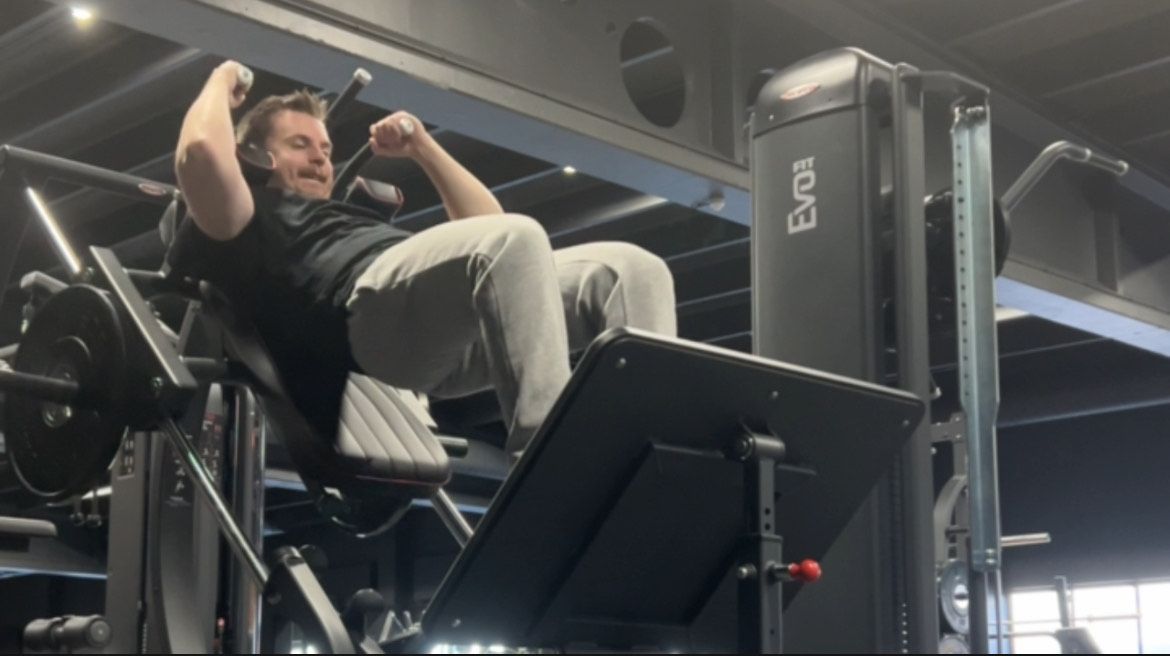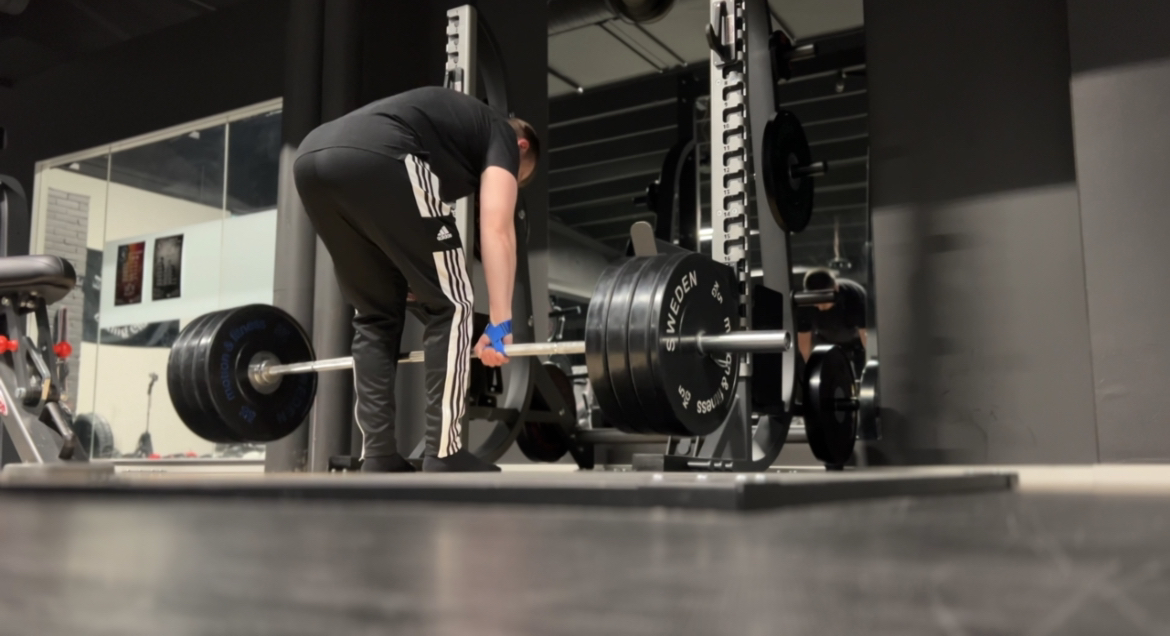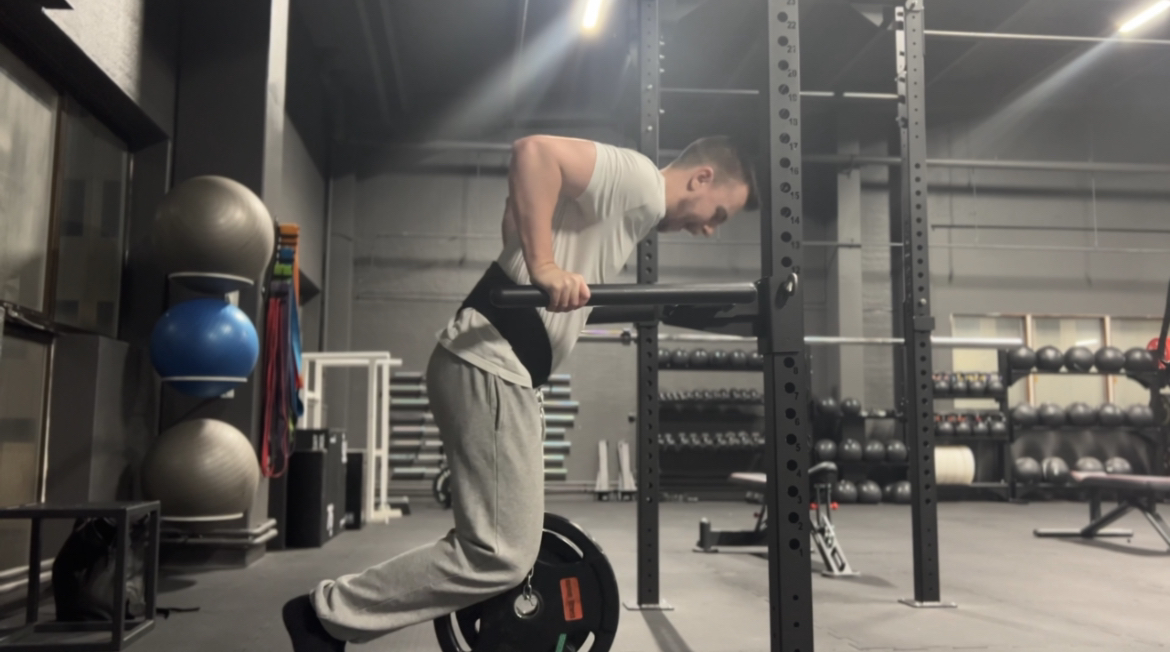The dangers of ego lifting
Why I stopped ego lifting
In the realm of fitness and weightlifting, ego lifting is a term used to describe the practice of lifting heavier weights than one can safely or effectively manage in order to impress others or boost one's own ego. While it may temporarily inflate one's sense of accomplishment, ego lifting often leads to serious consequences that can hinder progress and even result in injury. Here's why ego lifting is a trap you should avoid falling into:
1. Increased Risk of Injury
Perhaps the most significant danger of ego lifting is the increased risk of injury. When you lift weights beyond your capacity, you compromise your form and stability, placing excessive stress on your joints, tendons, and muscles. This can lead to strains, sprains, tears, and even more severe injuries like herniated discs or muscle ruptures. The consequences of these injuries can set back your progress and keep you sidelined for weeks or even months.
2. Stunted Progress and Plateaus
Contrary to popular belief, lifting heavier weights does not always equate to better results. Progress in weightlifting is not solely determined by the amount of weight lifted but also by factors such as proper form, muscle activation, and progressive overload. Ego lifting often sacrifices these critical elements in favor of sheer weight, resulting in stunted progress and frustrating plateaus in strength and muscle gains.
3. Imbalanced Muscle Development
Ego lifting typically involves prioritizing certain muscles over others, leading to imbalanced muscle development. For example, individuals may focus on lifting heavy weights for their upper body while neglecting important stabilizing muscles or lower body muscle groups. This imbalance not only detracts from overall aesthetics but also increases the risk of injury and undermines functional fitness.
4. Eroded Confidence and Motivation
While ego lifting may initially boost one's confidence, the inevitable consequences of injury or stalled progress can erode that confidence over time. Failing to achieve desired results or experiencing setbacks can also dampen motivation and enthusiasm for training. This negative cycle can lead to frustration, self-doubt, and ultimately, abandonment of fitness goals altogether.
5. Misalignment with Fitness Goals
Ego lifting often prioritizes short-term gratification over long-term progress and health. It shifts the focus from achieving fitness goals and improving overall well-being to seeking validation and approval from others. This misalignment can lead individuals away from sustainable and healthy practices, making it difficult to maintain consistent progress and adherence to a fitness regimen.
6. Negative Influence on Others
Ego lifting not only jeopardizes the individual's own progress but also sets a harmful example for others. When novice lifters witness experienced individuals engaging in ego lifting behavior, they may feel pressured to emulate it, perpetuating a cycle of unsafe and ineffective training practices. This can create a toxic gym culture that prioritizes ego over education, safety, and long-term health.
Overcoming the Ego Lifting Trap
To avoid falling into the ego lifting trap, consider the following strategies:
- Focus on Form and Technique: Prioritize proper form and technique over lifting heavy weights. Mastering the fundamentals of each exercise will not only reduce the risk of injury but also optimize muscle engagement and promote better overall results.
- Listen to Your Body: Pay attention to your body's signals and respect its limits. Progress gradually, and avoid the temptation to push beyond your capabilities for the sake of ego or external validation.
- Set Realistic Goals: Establish clear and achievable fitness goals that align with your abilities and aspirations. Celebrate small victories along the way and understand that progress takes time and consistency.
- Seek Professional Guidance: Consider working with a certified personal trainer or coach who can provide expert guidance, support, and accountability. They can help you design a safe and effective training program tailored to your individual needs and goals.
- Cultivate a Positive Mindset: Shift your focus from comparing yourself to others or seeking external validation to embracing your own journey and progress. Celebrate your accomplishments, no matter how small, and cultivate a positive mindset that fosters growth and resilience.
Conclusion
Ego lifting may offer temporary gratification and a fleeting sense of accomplishment, but its long-term consequences far outweigh any perceived benefits. By prioritizing proper form, listening to your body, setting realistic goals, seeking professional guidance, and cultivating a positive mindset, you can avoid the ego lifting trap and embark on a safer, more sustainable, and ultimately more rewarding fitness journey. Remember, true progress is measured not by the weight on the barbell but by the strength, resilience, and well-being you cultivate along the way.











